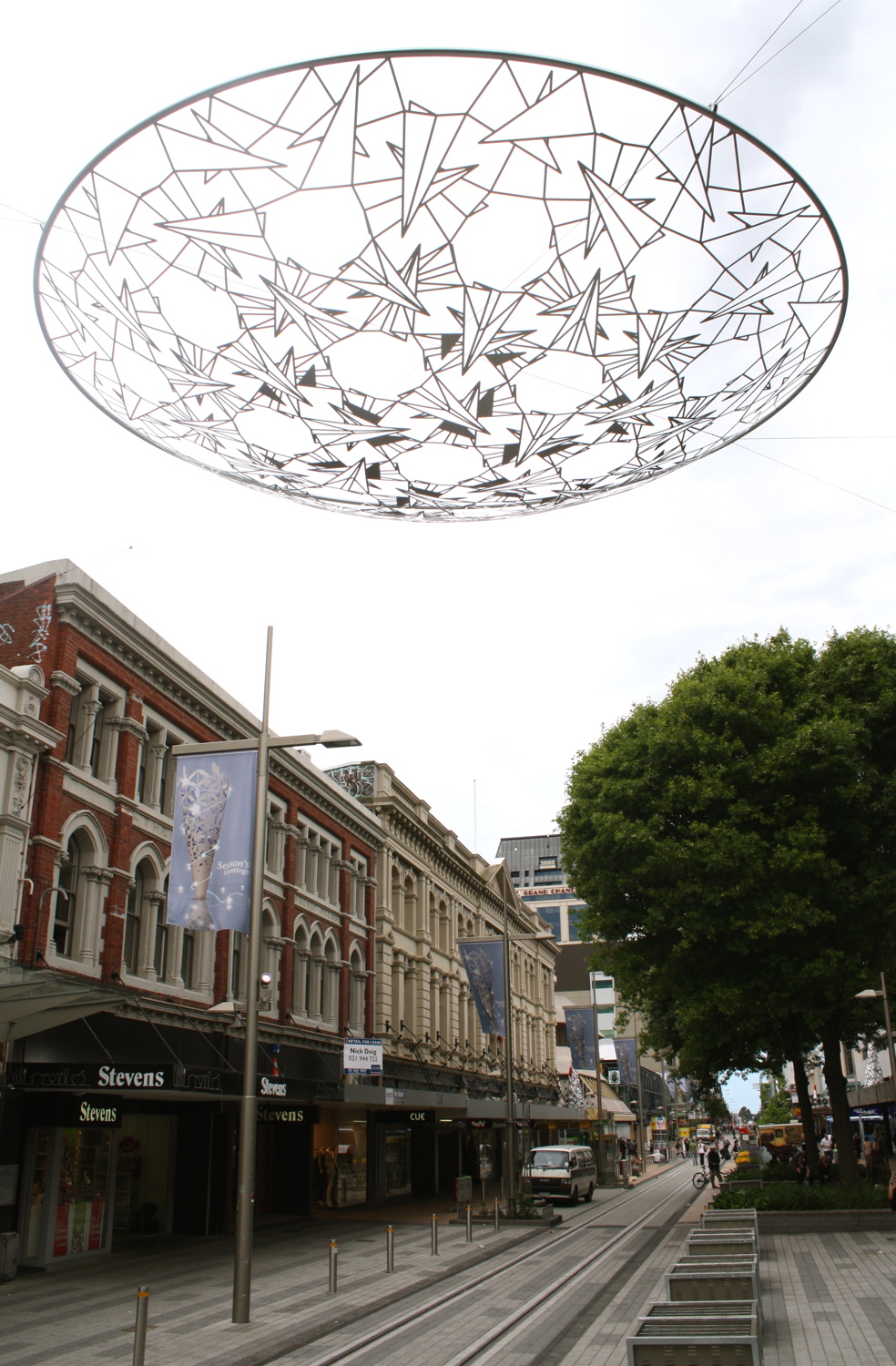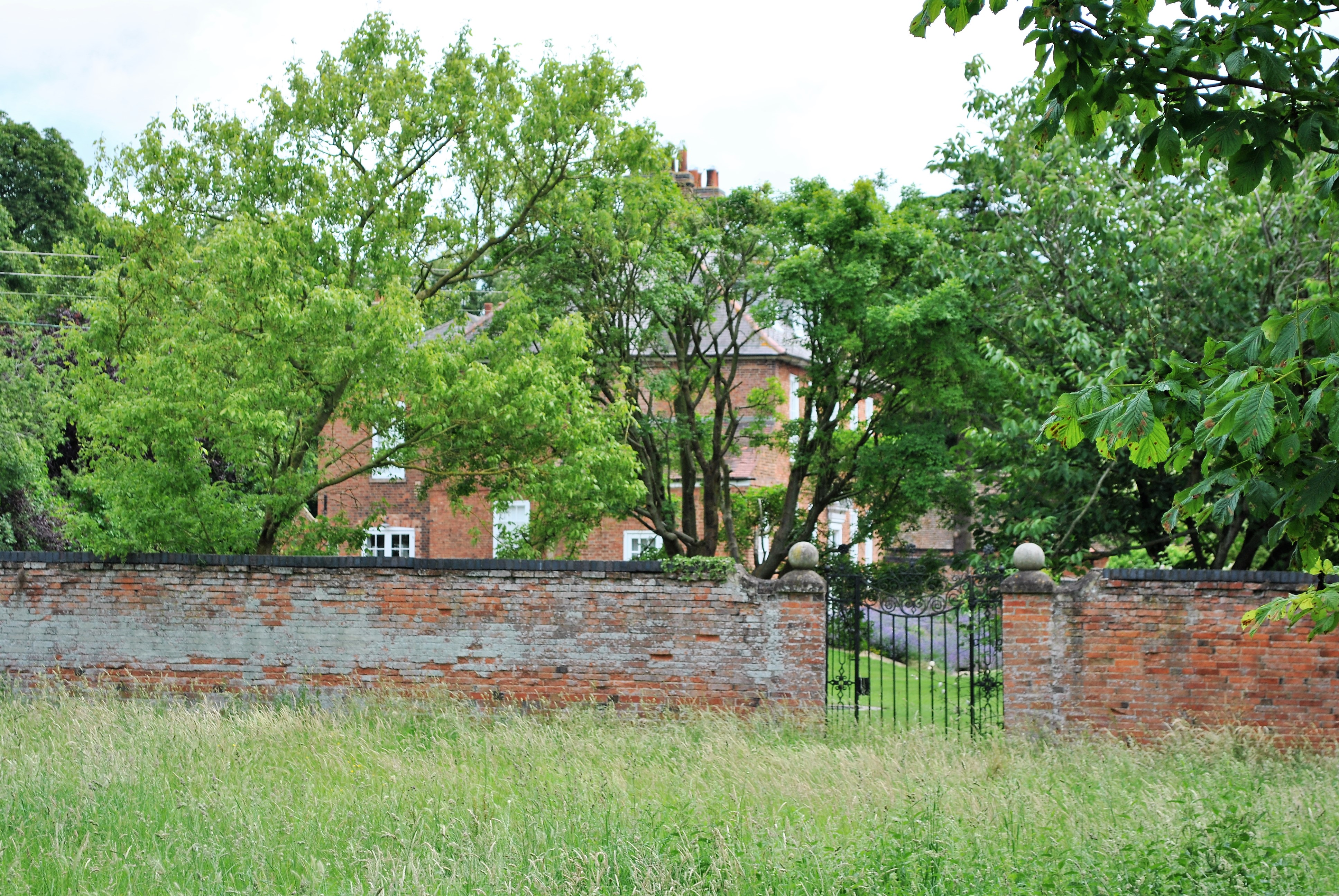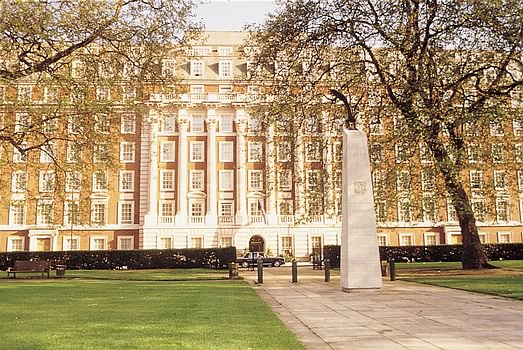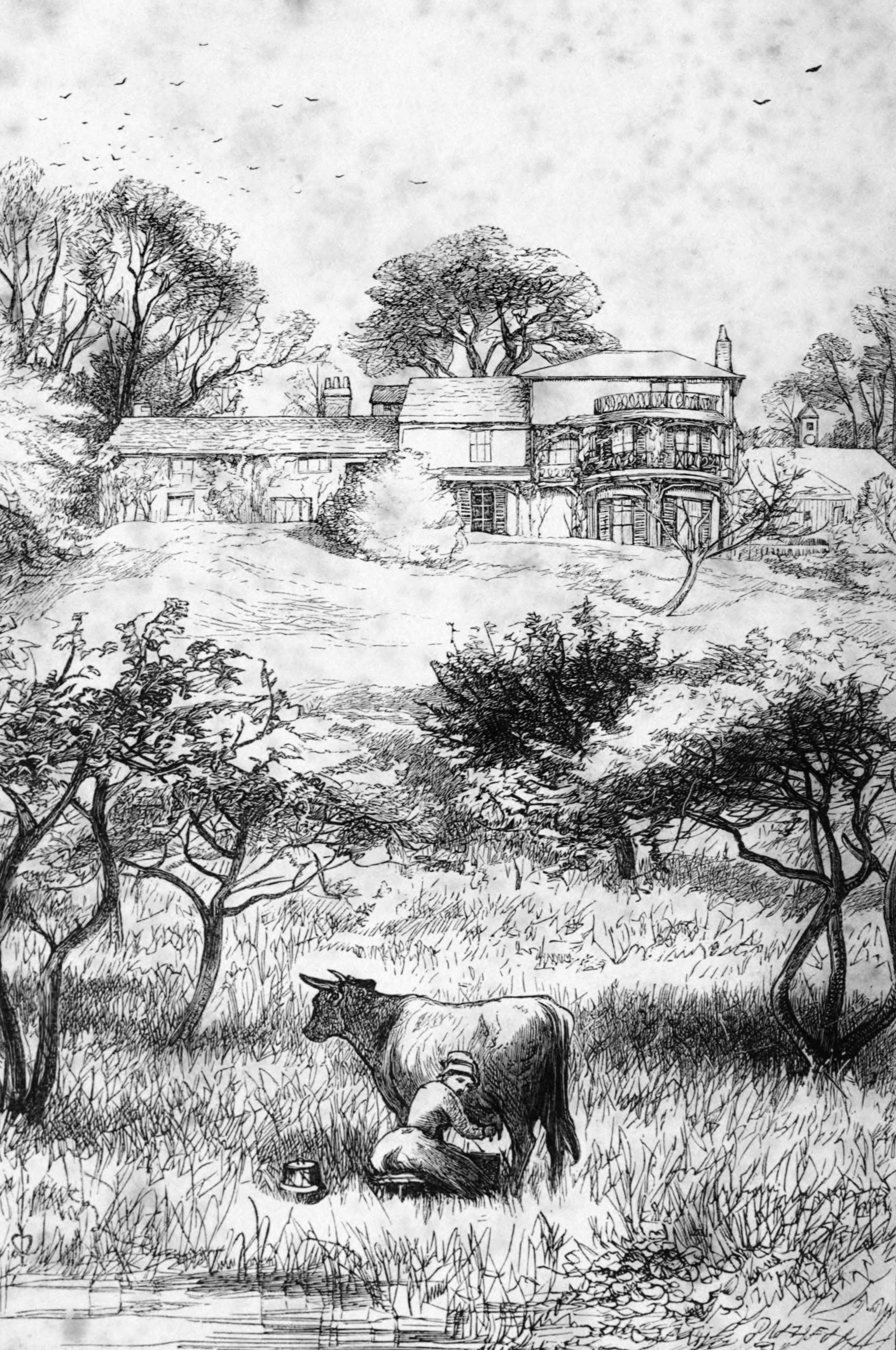|
1863 In Literature
This article contains information about the literary events and publications of 1863. Events *January 1 – The essayist and poet Ralph Waldo Emerson commemorates today's Emancipation Proclamation in the United States by composing " Boston Hymn" and surprising a crowd of 3,000 with a debut reading of it at Boston Music Hall. *January 31 – Jules Verne's novel '' Five Weeks in a Balloon, or, Journeys and Discoveries in Africa by Three Englishmen (Cinq semaines en ballon)'' is published by Pierre-Jules Hetzel in Paris. It will be the first of Verne's ''Voyages Extraordinaires''. *February 3 – Samuel Langhorne Clemens, in signing a humorous letter to the ''Territorial Enterprise'' newspaper in Virginia City, Nevada, first uses the pen name Mark Twain. *February 28 – Flaubert and Turgenev meet for the first time, in Paris. *June 12 – The Arts Club is founded by Charles Dickens, Anthony Trollope, Frederic Leighton and others in London's Mayfair, as a social meeting place for th ... [...More Info...] [...Related Items...] OR: [Wikipedia] [Google] [Baidu] |
January 1
January 1 or 1 January is the first day of the year in the Gregorian Calendar. There are 364 days remaining until the end of the year (365 in leap years). This day is also known as New Year's Day since the day marks the beginning of the year. __TOC__ Events Pre-1600 *153 BC – For the first time, Roman consuls begin their year in office on January 1. *45 BC – The Julian calendar takes effect as the civil calendar of the Roman Empire, establishing January 1 as the new date of the new year. *42 BC – The Roman Senate posthumously deifies Julius Caesar. * 193 – The Senate chooses Pertinax against his will to succeed Commodus as Roman emperor. * 404 – Saint Telemachus tries to stop a gladiatorial fight in a Roman amphitheatre, and is stoned to death by the crowd. This act impresses the Christian Emperor Honorius, who issues a historic ban on gladiatorial fights. * 417 – Emperor Honorius forces Galla Placidia into marriage to Cons ... [...More Info...] [...Related Items...] OR: [Wikipedia] [Google] [Baidu] |
Turgenev
Ivan Sergeyevich Turgenev (; rus, links=no, Ива́н Серге́евич Турге́невIn Turgenev's day, his name was written ., p=ɪˈvan sʲɪrˈɡʲe(j)ɪvʲɪtɕ tʊrˈɡʲenʲɪf; 9 November 1818 – 3 September 1883 ( Old Style dates: 28 October 1818 – 22 August 1883) was a Russian novelist, short story writer, poet, playwright, translator and popularizer of Russian literature in the West. His first major publication, a short story collection titled ''A Sportsman's Sketches'' (1852), was a milestone of Russian realism. His novel '' Fathers and Sons'' (1862) is regarded as one of the major works of 19th-century fiction. Life Ivan Sergeyevich Turgenev was born in Oryol (modern-day Oryol Oblast, Russia) to noble Russian parents Sergei Nikolaevich Turgenev (1793–1834), a colonel in the Russian cavalry who took part in the Patriotic War of 1812, and Varvara Petrovna Turgeneva (née Lutovinova; 1787–1850). His father belonged to an old, but impoverished Turg ... [...More Info...] [...Related Items...] OR: [Wikipedia] [Google] [Baidu] |
Erewhon
''Erewhon: or, Over the Range'' () is a novel by English writer Samuel Butler, first published anonymously in 1872, set in a fictional country discovered and explored by the protagonist. The book is a satire on Victorian society. The first few chapters of the novel dealing with the discovery of Erewhon are in fact based on Butler's own experiences in New Zealand, where, as a young man, he worked as a sheep farmer on Mesopotamia Station for about four years (1860–64), and explored parts of the interior of the South Island and wrote about in his ''A First Year in Canterbury Settlement'' (1863). The novel is one of the first to explore ideas of artificial intelligence, as influenced by Darwin's recently published ''On the Origin of Species'' (1859) and the machines developed out of the Industrial Revolution (late 18th to early 19th centuries). Specifically, it concerns itself, in the three-chapter "Book of the Machines", with the potentially dangerous ideas of machine con ... [...More Info...] [...Related Items...] OR: [Wikipedia] [Google] [Baidu] |
Christchurch
Christchurch ( ; mi, Ōtautahi) is the largest city in the South Island of New Zealand and the seat of the Canterbury Region. Christchurch lies on the South Island's east coast, just north of Banks Peninsula on Pegasus Bay. The Avon River / Ōtākaro flows through the centre of the city, with an urban park along its banks. The city's territorial authority population is people, and includes a number of smaller urban areas as well as rural areas. The population of the urban area is people. Christchurch is the second-largest city by urban area population in New Zealand, after Auckland. It is the major urban area of an emerging sub-region known informally as Greater Christchurch. Notable smaller urban areas within this sub-region include Rangiora and Kaiapoi in Waimakariri District, north of the Waimakariri River, and Rolleston and Lincoln in Selwyn District to the south. The first inhabitants migrated to the area sometime between 1000 and 1250 AD. They hunted moa, which led ... [...More Info...] [...Related Items...] OR: [Wikipedia] [Google] [Baidu] |
The Press
''The Press'' is a daily newspaper published in Christchurch, New Zealand owned by media business Stuff Ltd. First published in 1861, the newspaper is the largest circulating daily in the South Island and publishes Monday to Saturday. One community newspaper—''Northern Outlook''- is also published by ''The Press'' and is free. The newspaper has won the title of New Zealand Newspaper of the Year (in its circulation category) three times: in 2006, 2007 and 2012. It has also won the overall Newspaper of the Year title twice: in 2006 and 2007. History James FitzGerald came to Lyttelton on the ''Charlotte Jane'' in December 1850, and was from January 1851 the first editor of the ''Lyttelton Times'', Canterbury's first newspaper. From 1853, he focussed on politics and withdrew from the ''Lyttelton Times''. After several years in England, he returned to Canterbury concerned about the proposed capital works programme of the provincial government, with his chief concern the pro ... [...More Info...] [...Related Items...] OR: [Wikipedia] [Google] [Baidu] |
Darwin Among The Machines
"Darwin among the Machines" is an article published in ''The Press'' newspaper on 13 June 1863 in Christchurch, New Zealand, which references the work of Charles Darwin in the title. Written by Samuel Butler but signed '' Cellarius'' (q.v.), the article raised the possibility that machines were a kind of "mechanical life" undergoing constant evolution, and that eventually machines might supplant humans as the dominant species: The article ends by urging that, "War to the death should be instantly proclaimed against them. Every machine of every sort should be destroyed by the well-wisher of his species. Let there be no exceptions made, no quarter shown; let us at once go back to the primeval condition of the race." ''Book of the Machines'' Butler developed this and subsequent articles into ''The Book of the Machines'', three chapters of ''Erewhon'', published anonymously in 1872. The Erewhonian society Butler envisioned had long ago undergone a revolution that destroyed most mec ... [...More Info...] [...Related Items...] OR: [Wikipedia] [Google] [Baidu] |
Dystopia
A dystopia (from Ancient Greek δυσ- "bad, hard" and τόπος "place"; alternatively cacotopiaCacotopia (from κακός ''kakos'' "bad") was the term used by Jeremy Bentham in his 1818 Plan of Parliamentary Reform (Works, vol. 3, p. 493). or simply anti-utopia) is a speculated community or society that is undesirable or frightening. It is often treated as an Opposite (semantics), antonym of ''utopia'', a term that was coined by Sir Thomas More and figures as the title of his best known work, published in 1516, which created a blueprint for an ideal society with minimal crime, violence and poverty. The relationship between utopia and dystopia is in actuality not one simple opposition, as many utopian elements and components are found in dystopias as well, and ''vice versa''. Dystopias are often characterized by rampant fear or distress , tyrannical governments, environmental disaster, or other characteristics associated with a cataclysmic decline in society. Distinct th ... [...More Info...] [...Related Items...] OR: [Wikipedia] [Google] [Baidu] |
Samuel Butler (novelist)
Samuel Butler (4 December 1835 – 18 June 1902) was an English novelist and critic, best known for the satirical utopian novel ''Erewhon'' (1872) and the semi-autobiographical novel ''Ernest Pontifex or The Way of All Flesh'', published posthumously in 1903 in an altered version titled ''The Way of All Flesh'', and published in 1964 as he wrote it. Both novels have remained in print since their initial publication. In other studies he examined Christian orthodoxy, evolutionary thought, and Italian art, and made prose translations of the ''Iliad'' and ''Odyssey'' that are still consulted. Early life Butler was born on 4 December 1835 at the rectory in the village of Langar, Nottinghamshire. His father was Rev. Thomas Butler, son of Dr. Samuel Butler, then headmaster of Shrewsbury School and later Bishop of Lichfield. Dr. Butler was the son of a tradesman and descended from a line of yeomen, but his scholarly aptitude being recognised at a young age, he had been sent to Rugby ... [...More Info...] [...Related Items...] OR: [Wikipedia] [Google] [Baidu] |
June 13
Events Pre-1600 * 313 – The decisions of the Edict of Milan, signed by Constantine the Great and co-emperor Licinius, Valerius Licinius, granting religious freedom throughout the Roman Empire, are published in Nicomedia. *1325 – Ibn Battuta begins his travels, leaving his home in Tangiers to travel to Mecca (gone 24 years). *1381 – In England, the Peasants' Revolt, led by Wat Tyler, comes to a head, as rebels set fire to the Savoy Palace. *1514 – ''Henry Grace à Dieu'', at over 1,000 tons the largest warship in the world at this time, built at the new Woolwich Dockyard in England, is dedicated. *1525 – Martin Luther marries Katharina von Bora, against the celibacy rule decreed by the Roman Catholic Church for priests and nuns. 1601–1900 *1625 – King Charles I of England marries Catholic princess Henrietta Maria of France and Navarre, at Canterbury. *1740 – Province of Georgia, Georgia provincial governor James Oglethorpe begins an un ... [...More Info...] [...Related Items...] OR: [Wikipedia] [Google] [Baidu] |
Mayfair
Mayfair is an affluent area in the West End of London towards the eastern edge of Hyde Park, in the City of Westminster, between Oxford Street, Regent Street, Piccadilly and Park Lane. It is one of the most expensive districts in the world. The area was originally part of the manor of Eia and remained largely rural until the early 18th century. It became well known for the annual "May Fair" that took place from 1686 to 1764 in what is now Shepherd Market. Over the years, the fair grew increasingly downmarket and unpleasant, and it became a public nuisance. The Grosvenor family (who became Dukes of Westminster) acquired the land through marriage and began to develop it under the direction of Thomas Barlow. The work included Hanover Square, Berkeley Square and Grosvenor Square, which were surrounded by high-quality houses, and St George's Hanover Square Church. By the end of the 18th century, most of Mayfair was built on with upper-class housing; unlike some nearby areas ... [...More Info...] [...Related Items...] OR: [Wikipedia] [Google] [Baidu] |
Frederic Leighton
Frederic Leighton, 1st Baron Leighton, (3 December 1830 – 25 January 1896), known as Sir Frederic Leighton between 1878 and 1896, was a British painter, draughtsman, and sculptor. His works depicted historical, biblical, and classical subject matter in an academic style. His paintings were enormously popular, and expensive, during his lifetime, but fell out of critical favour for many decades in the early 20th century. Leighton was the bearer of the shortest-lived peerage in history; after only one day his hereditary peerage became extinct upon his death. Biography Leighton was born in Scarborough to Augusta Susan and Dr. Frederic Septimus Leighton (1799-1892), a medical doctor. Leighton's grandfather, Sir James Boniface Leighton (1769-1843), had been the primary physician to two Russian tsars - Alexander I and Nicholas I - and their families, and amassed a fortune while in their service. Leighton’s career was always cushioned by this family wealth, with his father pa ... [...More Info...] [...Related Items...] OR: [Wikipedia] [Google] [Baidu] |
Anthony Trollope
Anthony Trollope (; 24 April 1815 – 6 December 1882) was an English novelist and civil servant of the Victorian era. Among his best-known works is a series of novels collectively known as the '' Chronicles of Barsetshire'', which revolves around the imaginary county of Barsetshire. He also wrote novels on political, social, and gender issues, and other topical matters. Trollope's literary reputation dipped somewhat during the last years of his life, but he had regained the esteem of critics by the mid-20th century. Biography Anthony Trollope was the son of barrister Thomas Anthony Trollope and the novelist and travel writer Frances Milton Trollope. Though a clever and well-educated man and a Fellow of New College, Oxford, Thomas Trollope failed at the Bar due to his bad temper. Ventures into farming proved unprofitable, and he did not receive an expected inheritance when an elderly childless uncle remarried and had children. Thomas Trollope was the son of Rev. (Thomas) Ant ... [...More Info...] [...Related Items...] OR: [Wikipedia] [Google] [Baidu] |








